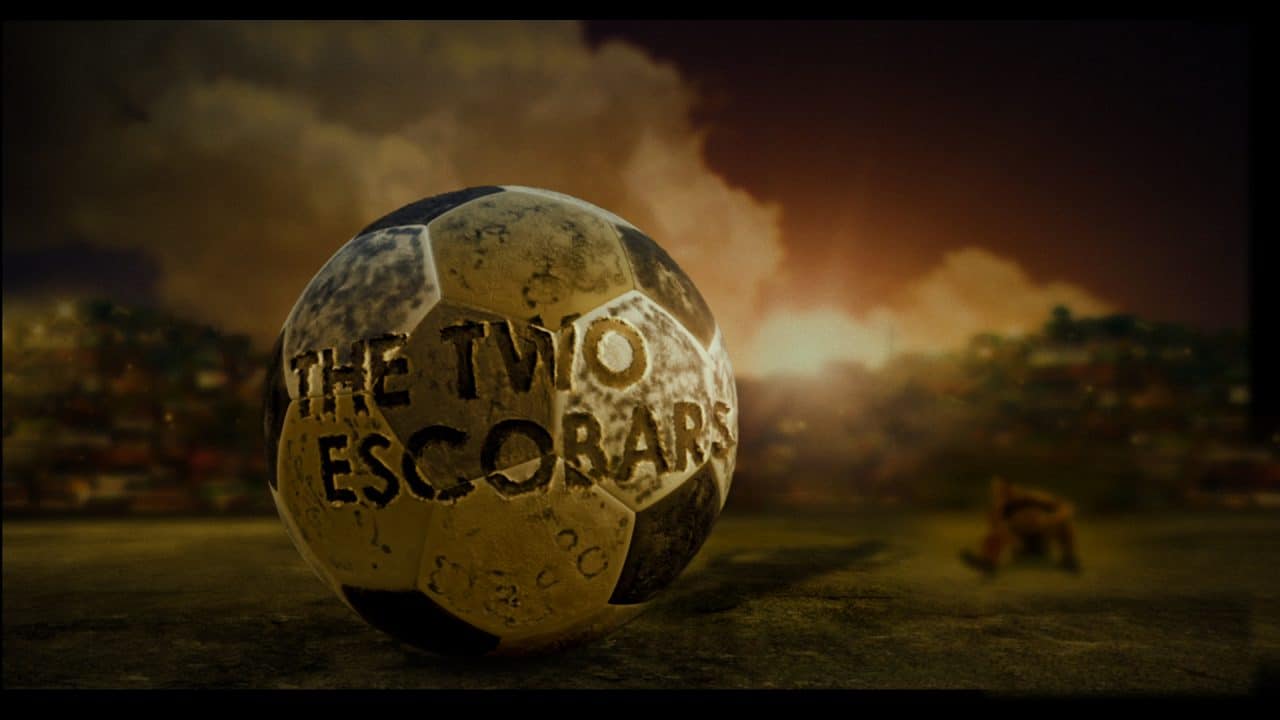The Two Escobars
The Two Escobars is explores the intertwined fates of two unrelated Colombian men who shared the same surname: Pablo Escobar, the notorious drug lord, and Andrés Escobar, the beloved soccer star. The film delves into the complex relationship between Colombia’s drug cartels, particularly Pablo’s Medellín Cartel, and the rise of Colombian soccer in the 1980s and early 1990s.
Pablo Escobar, known as the world’s most powerful drug kingpin, used his vast wealth to finance and build the Colombian national soccer team into a formidable force. This influx of drug money transformed the team into South American champions, making them favorites to win the 1994 FIFA World Cup. The documentary examines how soccer became more than just a sport for Colombians; it became a symbol of national identity and a source of pride in a country plagued by violence and civil unrest.
The narrative takes a tragic turn when it focuses on Andrés Escobar, Colombia’s biggest soccer star at the time. During a crucial match against the United States in the 1994 World Cup, Andrés committed a devastating error by scoring an own goal, which led to Colombia’s elimination from the tournament. Less than ten days after this shocking mistake, Andrés was murdered outside a bar in Medellín, shot 12 times by an assailant who reportedly shouted “goal” with each pull of the trigger.
The documentary explores the mysterious circumstances surrounding Andrés’ death, questioning whether it was an isolated incident or if gambling organizations controlled by the cartels were responsible. It also examines the broader context of Colombia’s violent civil war and the impact of Pablo Escobar’s criminal empire on the country’s social and political landscape.
Through interviews with key figures, including former cartel members, soccer players, and family members, The Two Escobars paints a revealing portrait of both men and the turbulent era they lived in. The film highlights the stark contrast between Pablo’s ruthless criminal activities and Andrés’ attempts to be a positive role model for his community. It also sheds light on the complex emotions many Colombians felt towards Pablo Escobar, who was simultaneously feared as a brutal criminal and admired by some for his Robin Hood-like gestures towards the poor.
By interweaving the stories of these two influential figures, the documentary provides a thought-provoking examination of the intersection between sports, crime, and politics in Colombia during one of its most tumultuous periods.










